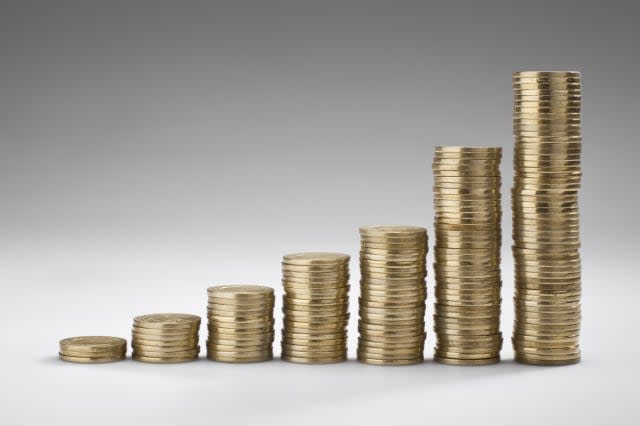This economic xenophobia has to stop

Immigrants to the UK have made a net contribution to public finances of around £25 billion since the year 2000.
That's what a detailed study from University College London's migration research unit found. It's also shown that migrants have been far less likely to claim benefits or use social housing than people already living in the UK.
Yet if you read the internet, you could be forgiven for believing the exact opposite is true.
As a personal finance and consumer journalist, I write about issues that affect people's everyday lives. But I am always astounded by the anger at immigrants expressed in the comments below my articles.
When I write about the housing or rental market I get comments about foreigners being given homes. When I write about benefits or schools, my articles get comments about foreigners coming here to benefit from a welfare system they never paid into.
Last year I wrote an uncontroversial piece about finding suitable childcare, yet several commenters ranted about the influx of foreigners with large families.
However, this study shows that people from the European Economic Area have paid an average of 34% more in taxes than they have received in benefits. Immigrants from outside the EU have paid about 2% more than they have received – less, but still more than they have taken.
And you might be surprised at how much you have to pay in tax before you're actually a net contributor rather than a burden on the state's resources. We might all pay tax, but figures from the Centre for Policy Studies last year showed that vast numbers of earners actually take more from the state than they put back in.
It took the amount a household pays in direct and indirect tax and then subtracted the amount that home receives in state benefits, tax credits and 'benefits in kind', like the NHS or access to schools.
According to that report, even those earning more than £22,000 a year take more from the state than they pay back.
In short, if immigrants are making a net contribution then many of them must be skilled and educated, as they are high earners. As a country, we benefit financially from these wealth-generating, highly-skilled individuals.
But I don't blame the people commenting on my articles for their views, nor do I think they are racists or jingoists or idiots. I think that our current economic situation is scary, and that the last government is guilty of fuelling a fear of immigration as a result because it plays well in the tabloids and it's an easy way to score points.
From the 'Go Home' signboard vans, to party political pledges to crack down on immigration, MPs don't seem to believe that Britons are ready for a sensible conversation about immigration.
It's not just Nigel Farage sounding off; an official report stated that the NHS is spending up to £2 billion a year on foreign visitors, dubbed 'health tourists' by the press.
However, the statistics used were deeply flawed and a later report from the London School of Hygiene & Tropical Medicine and University of York showed that actually twice as many foreigners pay to use the NHS each year. In 18 NHS trusts alone, around £42 million was made from 'health tourists' – money the NHS can then reinvest into free-at-point-of-use services for Brits.
It's entirely understandable that people will be wary of immigration, particularly in the light of cuts to services and benefits. However, it's time for the government to talk about the whole picture and not pander to those who disguise their xenophobia as good economics.
WHAT DO YOU THINK? ARE IMMIGRANTS GOOD OR BAD FOR THE ECONOMY? WHAT IS YOUR EXPERIENCE? HAVE YOUR SAY USING THE COMMENTS BELOW
Read more on AOL Money
EU immigrants 'made net contribution to economy'
Romania and Bulgaria numbers up 15% in one year
Why our ageing population needs immigration




